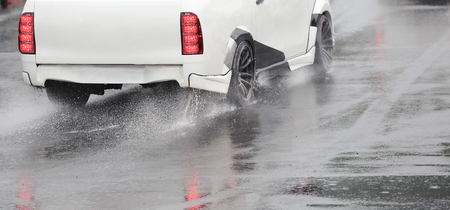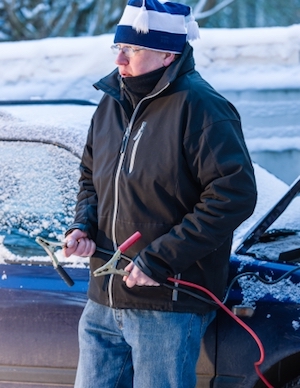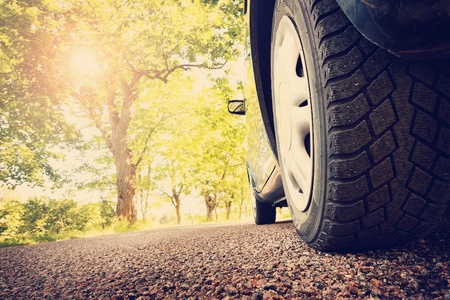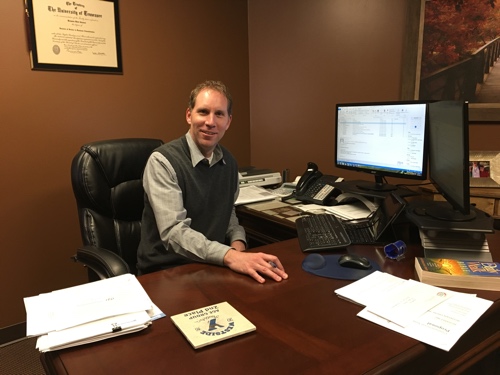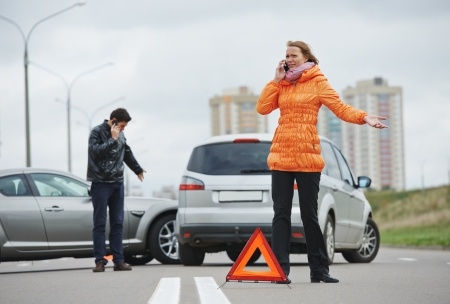When you are considering which car to purchase, you should factor in ABS. Many people don’t know that ABS (anti-lock braking system) makes a difference:
- Since ABS, there has been a 35% decrease in frontal collisions on wet roads.
- There has been a 9% decrease in frontal impacts on dry roads.
- In controlled test conditions, 58% of drivers without ABS strayed from their intended path after braking and only 24% of drivers with ABS did the same.
As you can see, ABS is a very good feature to have. It comes as a standard feature on many cars, but sometimes it is an add-on. As you look at cars, think of ABS like an umbrella. It’s better to have one and not need it rather than need it and not have it.
You might have heard someone say, “I pushed the brake pedal, and they locked up!” When your wheels lock up, you skid, you can hear the screech of the tires and often you see smoke and/or skid marks on the pavement. Skidding isn’t good, but it is especially dangerous in rain, snow or ice. When it happens, you are at serious risk for losing control of the car and having an accident.
To “unlock” your wheels, you need to lessen the pressure on the brakes until the wheels start spinning again. If you drive a car without ABS, instead of pressing on the brake and holding it, you need to apply pressure until just before the wheels would lock up. If the wheels lock up or you are trying to keep them from doing so, you lessen pressure on the brake and then apply it once again (which is called “feathering”). In the midst of bad weather or bad drivers around you, it’s not always easy to do.
That’s where ABS comes in. ABS is designed to keep your wheels from locking up when you press the brakes. With ABS, a computer will handle all that for you using wheel speed sensors, hydraulic units and electronic control unit. All these combined make up an ABS.
ABS is very useful in bad weather or during an emergency when you need to suddenly stop your car. It takes care of feathering your brakes so your wheels don’t lock up. (The ABS use sensors to monitor your brakes and keep them from locking at a sudden braking.) As a result, you maintain better control of your car in order to avoid a wreck.

